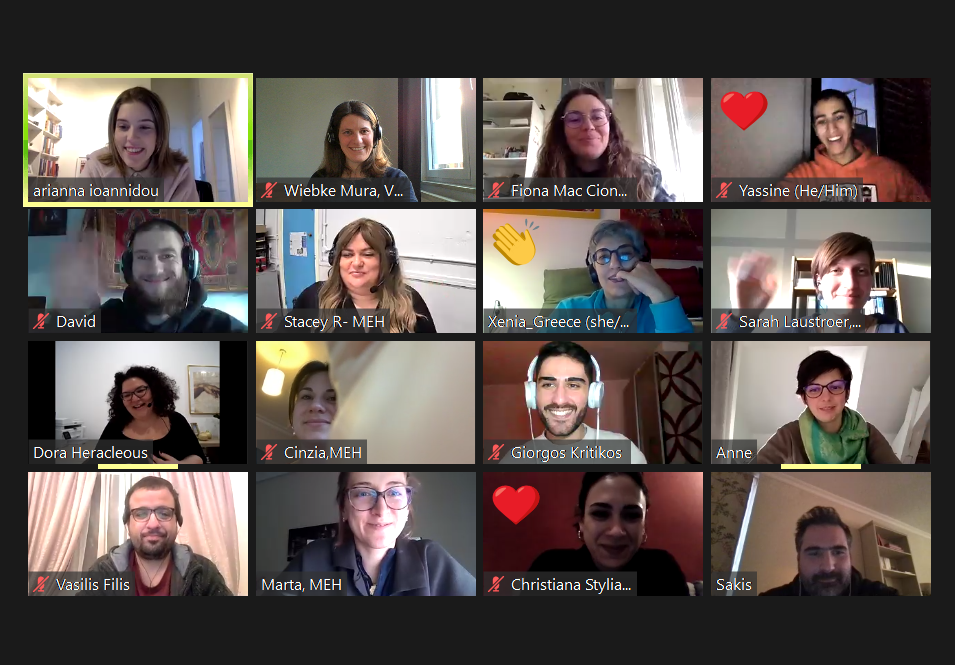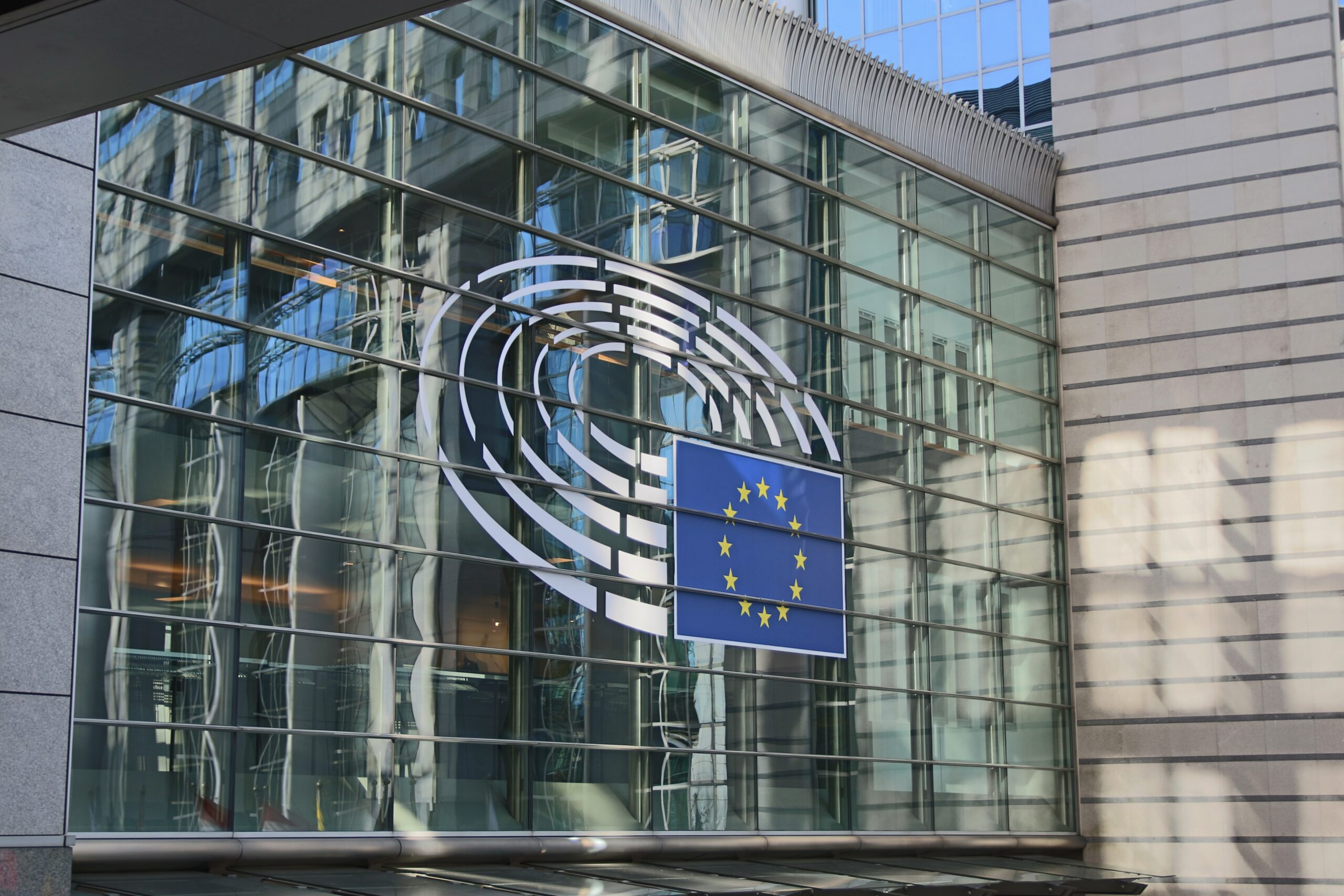News

International Training
17 multipliers in youth education from France, Cyprus, Greece, Great Britain and Germany have been testing various interactive methods on the topic of hate crime and hate speech since Monday in an online seminar led by VNB from Germany and Synthesis from Cyprus.
The focus is on questions such as: What is hate crime? How do I recognise hate speech (offline and online)? How do prejudices arise and what is discrimination? How can I stand up against hate and violence and for an open society?
The methods have been developed within the project “Youth2Unite – Empowering Youth to Unite and Stand Up against Hate and Violence” by five organisations from the countries mentioned above. With the help of the feedback from the seminar, the methods will be revised in the coming weeks and made available on an online platform.
Europe Day
May 9th is Europe Day. It actually commemorates the first step towards the creation of what the European Union is today. May 9th refers to the Schuman Declaration of May 9th 1950.
This day is an annual celebration of peace and unity in Europe.
It is also the occasion to talk about the European Union and its actions, since this topic remains often quite unknown by the EU citizens.
This year, as project partners of the “Youth2Unite” project to fight against discrimination and hate speech, we thought it could be interesting to share quickly a few facts regarding legislation and fight against discrimination in the European Union.
Those steps that are taken by the EU are really important since they are then applied in each EU member state to make this fight a reality.
Year after year, the EU has worked on this topic to cover more and more “fields” in which we can find discrimination.
Let’s have a quick look at it with some essential elements! You can then go further to find more detailed information and understand better the strategy of the EU on this topic.
First of all, the Treaty on the Functioning of the European Union prohibits (TFEU – also known as the Treaty of Rome) discrimination based on nationality. Discrimination based on nationality has always been forbidden by the different EU treaties (as well as discrimination on the basis of sex in the context of employment). The other grounds of discrimination were mentioned for the first time in the Amsterdam Treaty in 1997.
In 2000, two directives were adopted: the employment equality directive, which prohibits discrimination based on sexual orientation, religion, age and disability in the area of employment; and the racial equality directive, which prohibits discrimination on the basis of race or ethnicity, again in the context of employment, but also in accessing the welfare system and social security, and goods and services.
In 2009, a horizontal clause was introduced in the Lisbon Treaty with a view to integrating the fight against discrimination into all EU policies and actions.
What is important to remember, is that EU citizens may exercise their right to judicial recourse if they are victim of direct or indirect discrimination.
* Source: EUR-lex

Discriminatory speech and violent acts – what should be our response?
It is to address this issue that Pistes Solidaires launched the project Youth2Unite in November 2019 with the support of the European Programme Erasmus+ Youth. Gathered in Pau, the partners from Cyprus, Greece, Germany and Great Britain agreed on the following...
